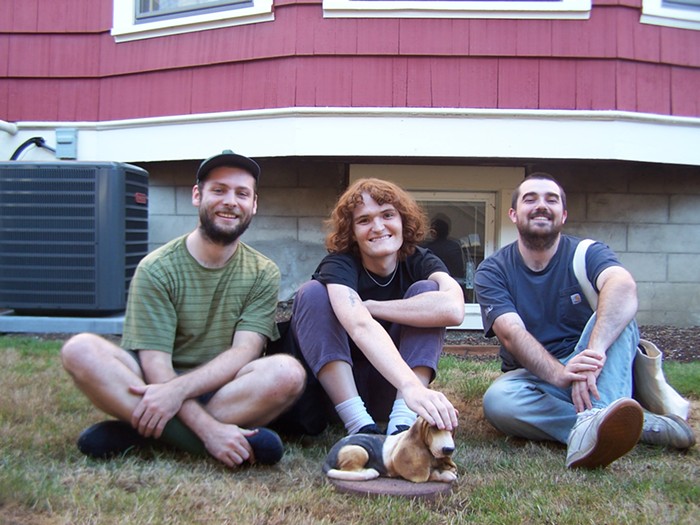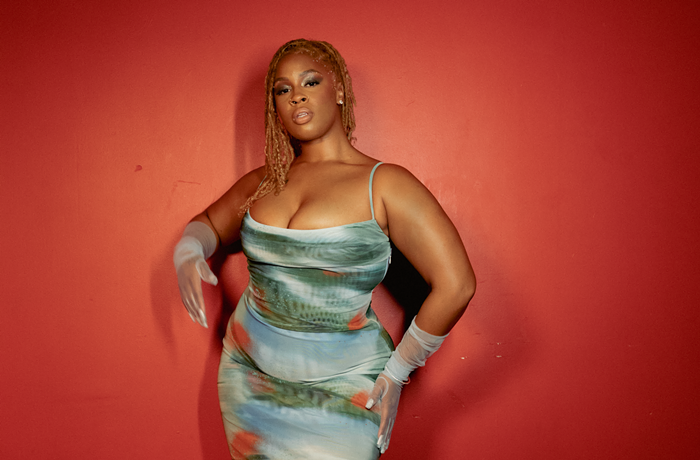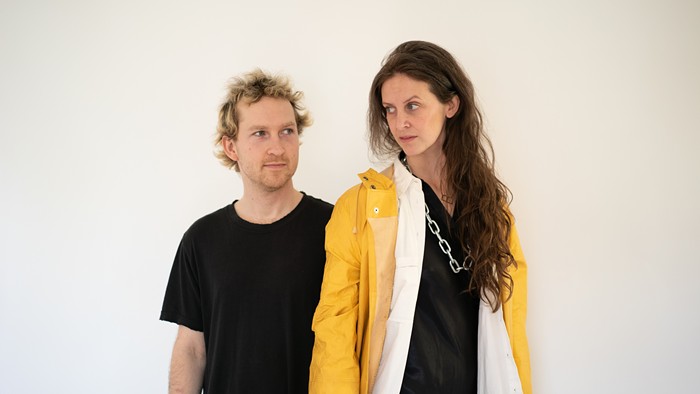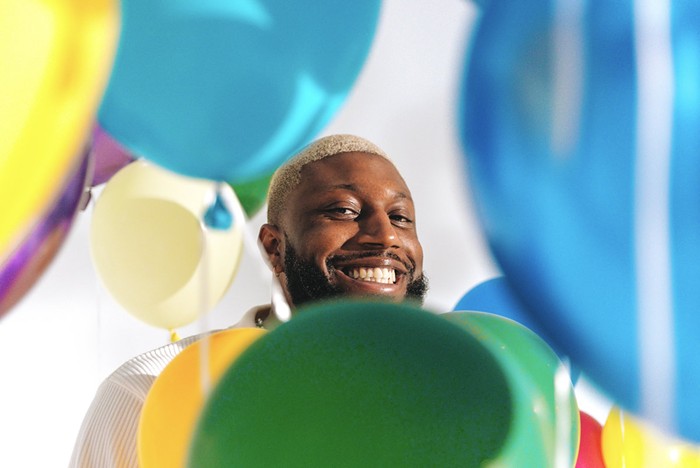If you're like me and don't believe it is the manifest destiny of the United States to police the world, you may feel more than a little alone in the land of pop/rock (but really, when haven't you?). There was that horrible Paul McCartney song "Freedom," and that glib piece of heart-tugging propaganda by Alan Jackson, "Where Were You (When the World Stopped Turning)," where he admits he can't find Iraq on a map--or, apparently, a thought in his cowboy-hatted head. There were the responses to 9/11, such as Bruce Springsteen's The Rising, with its hovering keyboards and somber atmosphere of loss. But the mainstream protest to our upcoming "war on terrorism" was eerily silent in 2002.
For a strong, outspoken voice, some turned to country music, indierock, and former riot grrrls. Country-rocker Steve Earle released Jerusalem, which was referred to as his "state of the nation" album, but ultimately left me feeling more hectored than inspired. The song that garnered the most attention was "John Walker's Blues," a narrative told in the voice of the American Taliban member captured and charged with treason. It's actually one of the weakest cuts on the album, though, with too much shorthand in the lyrics ("I'm just an American boy raised on MTV") to inspire much thought. There's something much too self-satisfied in his tone to make Jerusalem sting like it should.
Sleater-Kinney's latest album, One Beat, better connected to my own sense of outrage and fear at impending war, and to the complexity of loving my country while fearing some of my countrymen. On "Combat Rock," Carrie Brownstein gave her lines a clipped theatrical delivery as she asked, "Since when is skepticism unAmerican?" and Corin Tucker ambushed her archness with her battle cry, "The good old boys are back on top again." The polemics worked because complex emotions coursed both between the singers and within their own voices. It's a truly democratic distribution of thought and a strong indictment of the jingoism so prevalent with our current politicians.
Yo La Tengo's Nuclear War EP was one of the most powerfully sly protests of the year. The band took the avant-jazz legend Sun Ra's song "Nuclear War" and created four different versions that displayed the band's musicianship, sense of musical history, and politics all in one ever-morphing song.
Maybe it's expecting too much to want musicians as a whole to respond louder to our current predicament, but folk, punk, and rap did come out of protest. And isn't that part of the package with music--to demand the impossible? If not, then why bother? Celebrities and musicians with "answers" can definitely be insufferable, but there is something wonderful in bratty, spontaneous punk protest or sarcastic, embittered pop that sinks its critical political daggers in with precision.
So where are all the pissed off punks, pop stars, and rappers on our current impending war? Are the boomers and fading superstars the only ones piping up? I'd love to hear some of the, say, garage rockers take on our current political climate. Or a direct statement from Jean Grae, the rapper from Brooklyn whose Attack of the Attacking Things is dense and thrilling, and showed she knows plenty about being embattled. Let's not allow this musical protest to be reduced to covers of "Gimme Some Truth" and "Masters of War." I want the music community to prove for once that when you scratch a rebel rocker's surface, you find real guts and not just a smart stylist.


















